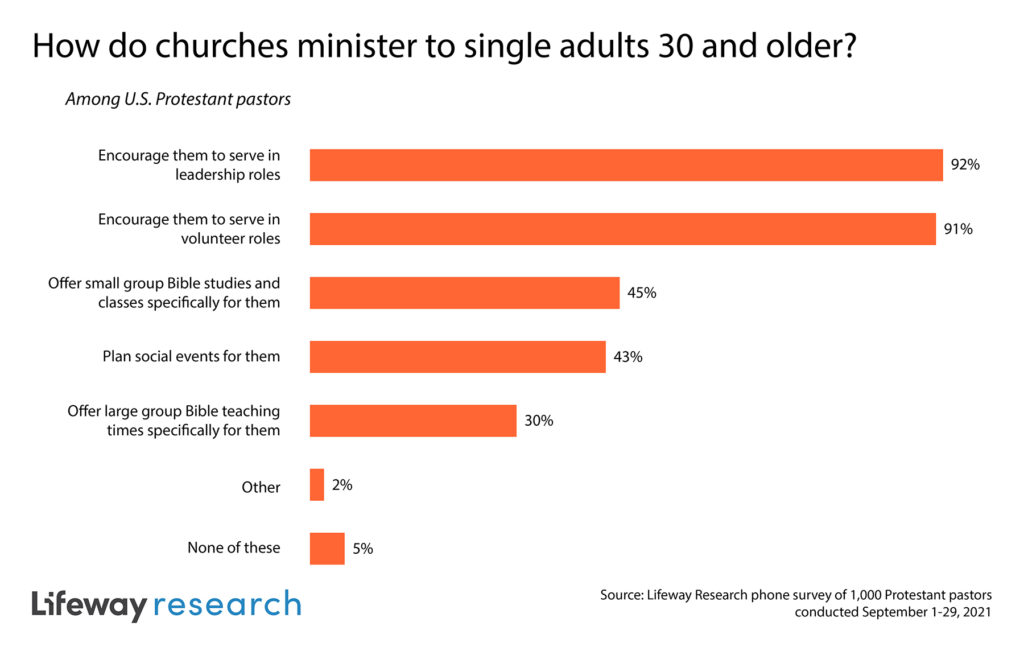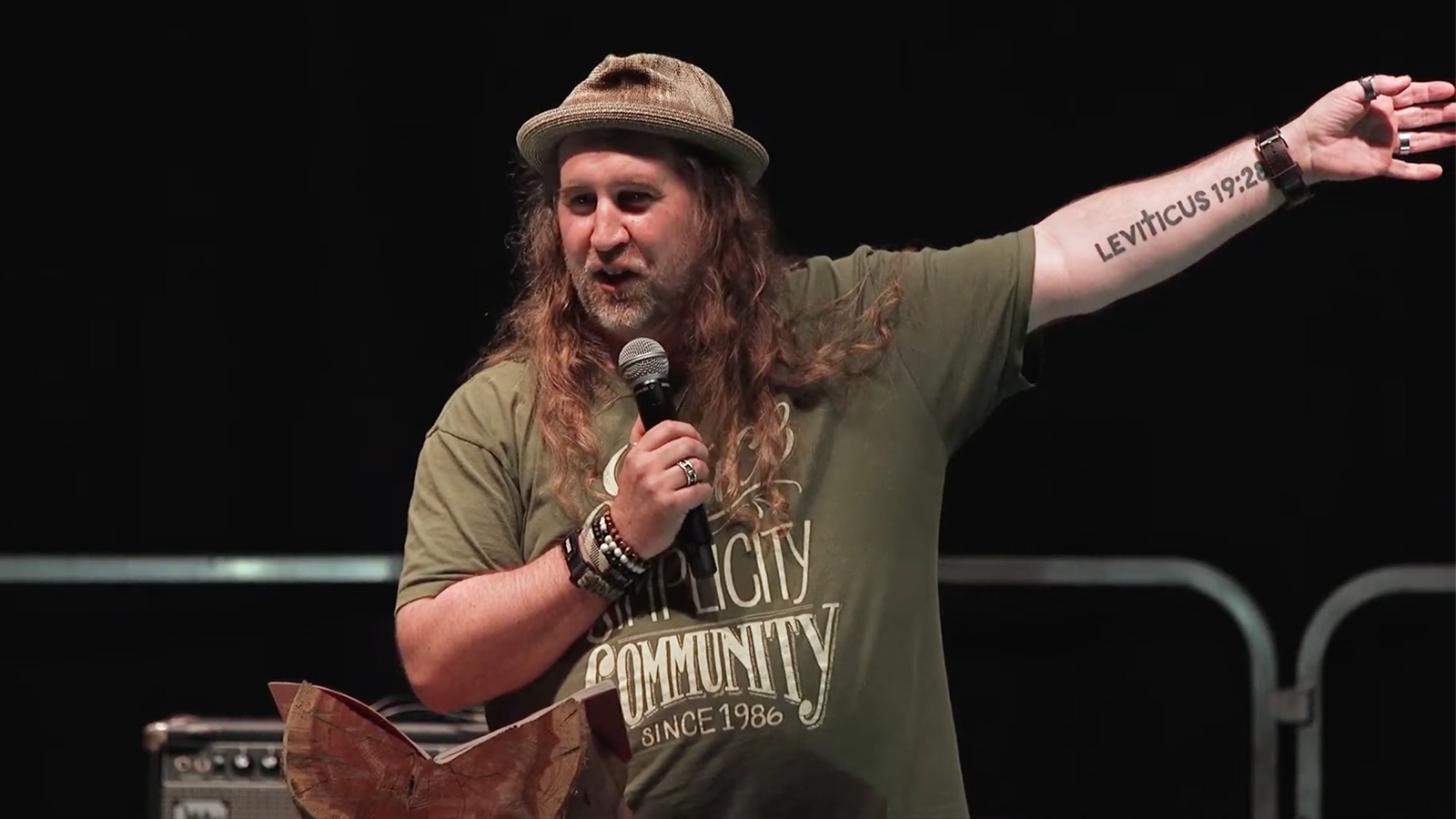As an atheist, I was convinced that God did not exist. It was all made up by emotionally-needy people.
Then I met a Christian who was secure, smart, loving and seemed to have a sense of purpose in her life. She did not fit my mold.
I began challenging her. She patiently listened to my questions, even went to the effort to find answers for me. She actually never thought I would believe in God. But as my friend, she wanted to help. This went on for a year and a half.
Then one day my friend gave me a book by Paul E. Little. It had a powerful impact in my life for two reasons:
- The content provided convincing evidence for God.
- Away from my friend, I didn’t have to defend my atheism, focus on rebuttals. No one was challenging me. Alone with the book, my defenses could come down. I could be very honest and seriously consider the facts, the evidence for God.
Soon afterward I asked Jesus into my life with these words, “Ok, you win….”
This same experience is happening with millions of people throughout the world on websites and apps. People are open to considering God…they’re hungry for Him…but they want to consider His message on their terms. Under their control.
God led me on staff with Cru, with a desire, a calling, to reach as many people as possible through media.
In 2000, a webmaster and I created Cru’s evangelistic website, EveryStudent.com. (It is also available as EveryPerson.com.)
The site is now in many languages, visited by over 50 million people each year, throughout the world. God is speaking to people through it.
More than 2,500 people each day are asking Jesus into their lives while on the site.
How This Can Advance Your Church
The best way for any church to grow is when church members are leading people to Christ.
However, with all that is riding on your shoulders in keeping your church going right now, evangelism training isn’t likely high on the list. And not many church members are interested in becoming evangelists anyway.
However, Christians might feel very comfortable mentioning a website to someone.
It’s as easy as saying, “Hey I know a great site that takes on the hard questions about life and God…like why is life so hard, and how do you know God exists? May I give you a card to it?” (or “text it you?”)
There’s a Very Surprising Aspect to This.
Allow me to explain.
You’re probably aware that many Christians are hesitant to get into spiritual conversations, let alone try to share the gospel with someone.
It’s understandable. The conversation could get awkward. They worry they might come across as intrusive or imposing. If it’s with a close friend, family member, coworker or neighbor…the risk just increased.
This leaves the Christian with a very silent, private faith. “They can ask me if they become interested. They know I’m a Christian.” But rarely does this help anyone.
But if the Christian could generously offer something, that significantly helps the nonbeliever move toward God? And which causes the person to respond with a sincere, “Thanks very much.” Then what??
Look at Google, Amazon and Netflix. They are all successful for the same reason. A person can get what they want, when they want it, without effort and in private where they are in control.
What if we give nonbelievers the same opportunity to find God? Where it’s private, under their control, and they can explore whatever questions they have about life and God?
Until people find Jesus, they are still searching. It doesn’t mean they’ll be open about their deepest thoughts, but they might share about some struggles in their life, problems they’re trying to solve.
It just takes a simple statement. “Hey, I know a great site that takes on the hard questions about life and God. May I give you a card to it?”
The person feels that you care, that you’re not controlling them, but simply resourcing them. Most will say, “Thanks very much.”






























